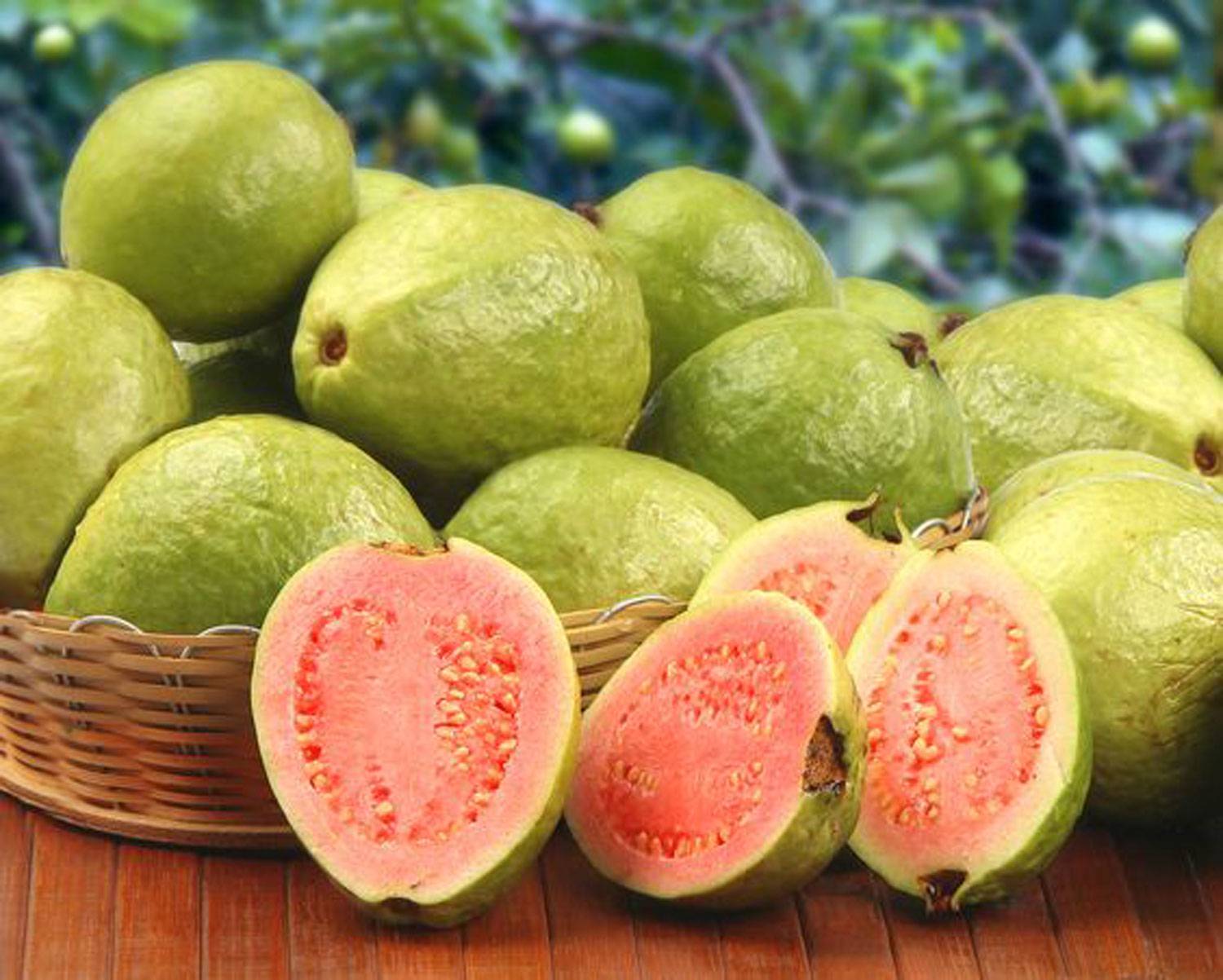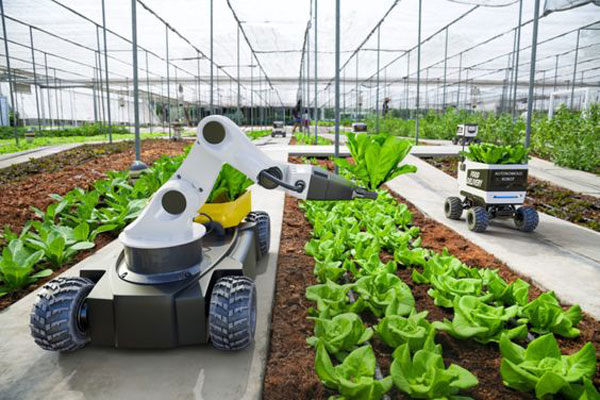Crops
Guava

Guava
Guava (Psidium guajava) is believed to be native to the tropical regions of Central America, including southern Mexico and the Caribbean. It has been cultivated for thousands of years, with evidence of its cultivation in ancient civilizations such as the Aztecs and Mayans. The fruit spread to other tropical and subtropical regions, including India, where it has become a popular and valuable crop due to its sweet flavor and numerous health benefits.
Global Area and Production
Major producers include India, China, Thailand, and Indonesia. India is the largest producer of guava, contributing a significant share to the world’s guava supply. The country’s diverse climates and soils support extensive cultivation of this versatile fruit.
Uses of Guava
- Culinary: Guava is enjoyed fresh and is used in a variety of culinary applications, including fruit salads, smoothies, and desserts. It is also processed into juices, jams, and sauces.
- Nutritional Value: Guava is rich in vitamins (particularly vitamin C), minerals (such as potassium and magnesium), and dietary fiber. It is known for its potential health benefits, including boosting the immune system, improving digestion, and supporting skin health.
- Medicinal Uses: Traditionally, guava leaves and fruit have been used in various cultures for their medicinal properties. They are believed to have anti-inflammatory, antimicrobial, and antioxidant effects.
Guava Cultivation in India
Major Growing Areas
In India, guava is cultivated extensively in the states of Uttar Pradesh, Maharashtra, Karnataka, Tamil Nadu, and Andhra Pradesh. Uttar Pradesh is the leading producer, benefiting from the state’s favorable climatic and soil conditions for guava cultivation.
Climate Requirements
- Temperature: Guava thrives in a tropical to subtropical climate with temperatures ranging from 20-30°C. It is relatively hardy and can tolerate some variation in temperature.
- Rainfall: Guava requires moderate to high rainfall, typically between 1,000-1,500 mm annually. Adequate moisture is important for healthy fruit development, although guava trees can withstand short periods of drought.
Soil Requirements
Guava grows best in well-drained, sandy loam or loamy soils rich in organic matter. The ideal soil pH for guava cultivation is between 5.5 and 7.0. Good soil drainage is essential to prevent root diseases and ensure healthy tree growth and fruit production.
Blog
Explore Our Blog
About Us
Welcome to Agriplaza
Welcome to Agriplaza. India's first and only comprehensive digital platform dedicated to agriculture and farmers. Explore widest range of related data our figures speaks a lot.
634726
Visitors
239
Diseases
131
Pests




